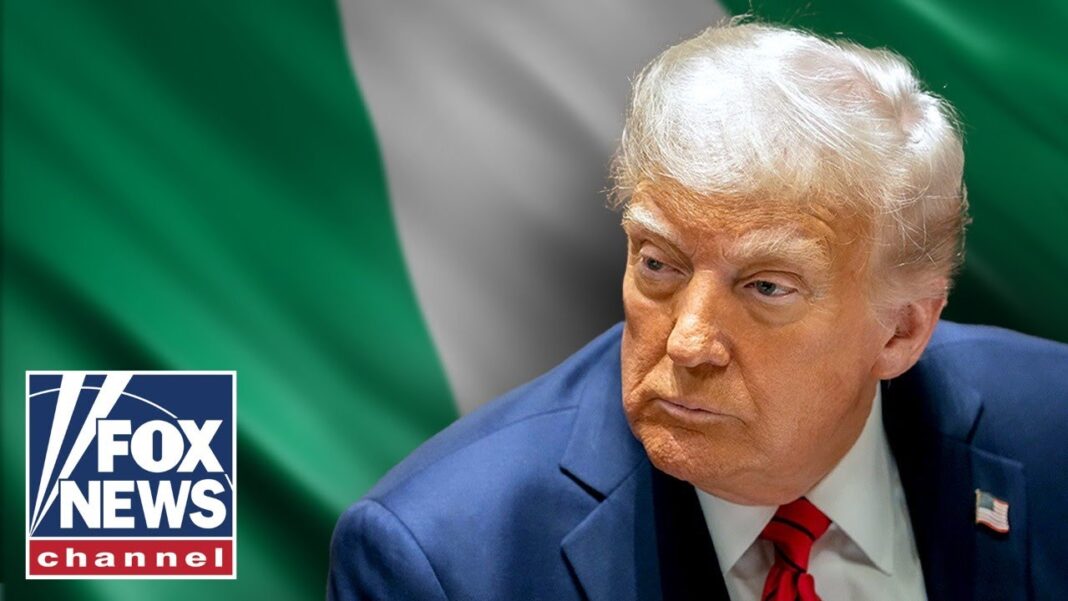Speaking at a Bahrain security summit, Gabbard said past U.S. interventions wasted money and created more enemies than allies.
Tulsi Gabbard, the U.S. national intelligence director, said on Oct. 31 that America’s former strategy of “regime change or nation building” had ended under President Donald Trump, with Gabbard describing the previous practice as counterproductive and wasteful of taxpayer resources.
Gabbard made the remarks at the Manama Dialogue, an annual security summit in Bahrain organized by the International Institute for Strategic Studies, where she addressed an audience of diplomats, analysts, and defense officials.
“For decades, our foreign policy has been trapped in a counterproductive and endless cycle of regime change or nation building,” Gabbard said. “It was a one-size-fits-all approach, of toppling regimes, trying to impose our system of governance on others, intervene in conflicts that were barely understood and walk away with more enemies than allies.”
“The results: Trillions spent, countless lives lost and in many cases, the creation of greater security threats,” said Gabbard, a former congresswoman from Hawaii and U.S. Army National Guard veteran.
Gabbard’s comments echoed Trump’s message earlier this year in Riyadh, Saudi Arabia, where he declared that the era of U.S. “nation-building” was over and that America would no longer impose its system of governance abroad.
“In the end the so-called nation-builders wrecked far more nations than they built, and the interventionalists were intervening in complex societies that they did not even understand themselves,” Trump said. “Peace, prosperity, and progress ultimately came not from a radical rejection of your heritage, but rather from embracing your national traditions. … You achieved a modern miracle the Arabian way.”
Trump praised the Gulf states as “forging a future where the Middle East is defined by commerce, not chaos,” contrasting their success with failed U.S. interventions in Afghanistan and Iraq, criticizing “so-called nation-builders, neocons or liberal nonprofits like those who spend trillions and trillions of dollars failing to develop Kabul, Baghdad, so many other cities.”
Gabbard’s remarks in Bahrain further cemented what is shaping up to be a hallmark of Trump’s second-term foreign policy—a break from the interventionism of prior administrations in favor of economic cooperation, regional partnerships, and selective use of force.
By Tom Ozimek







